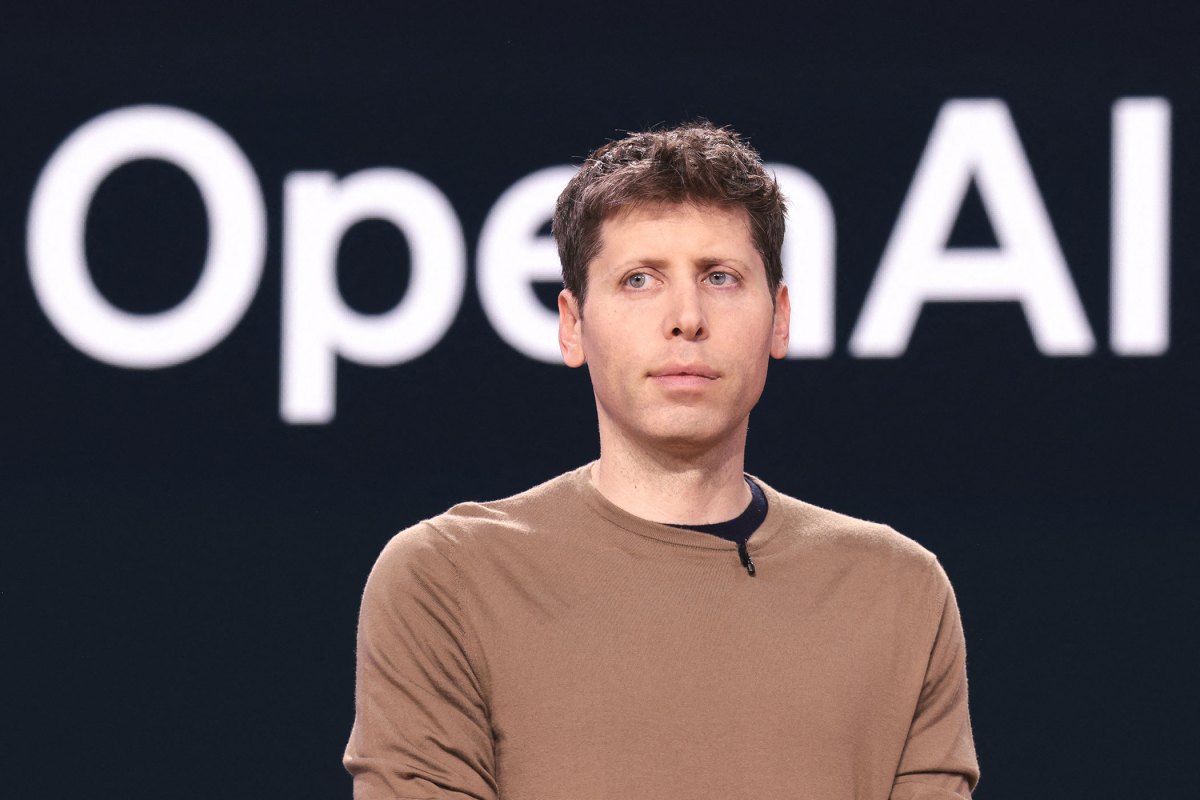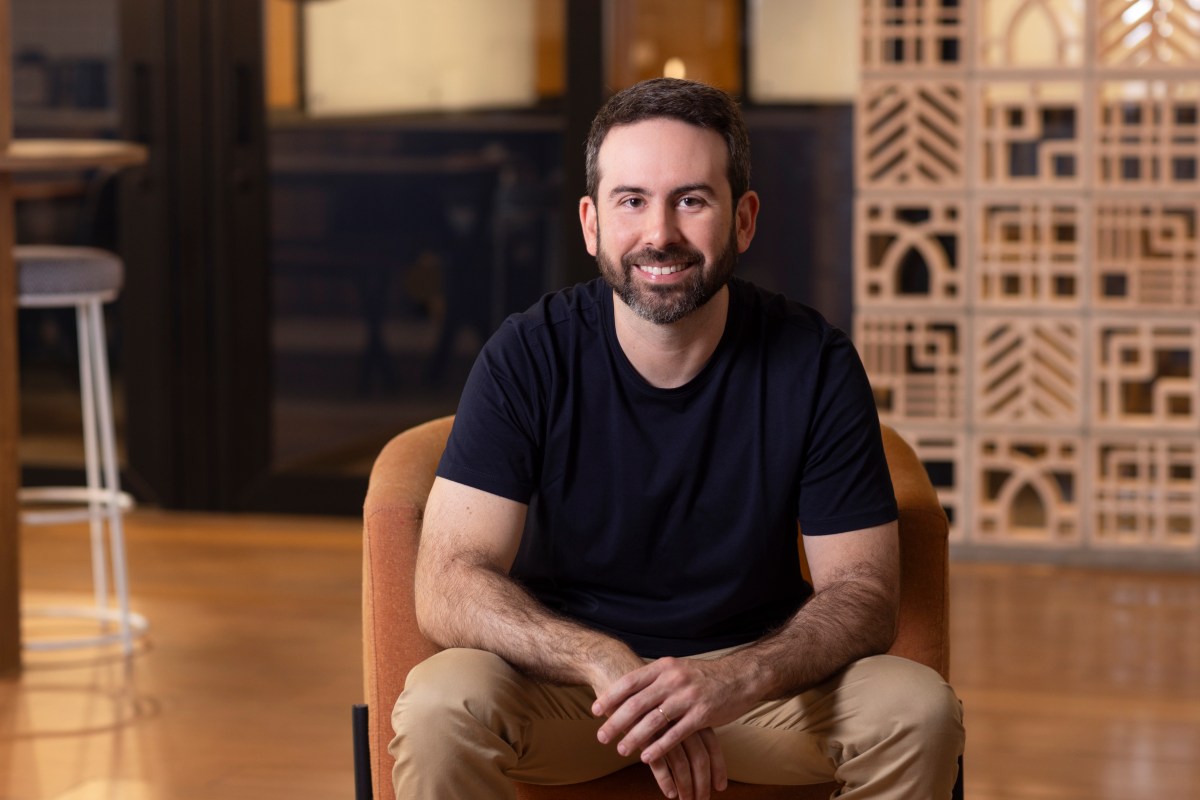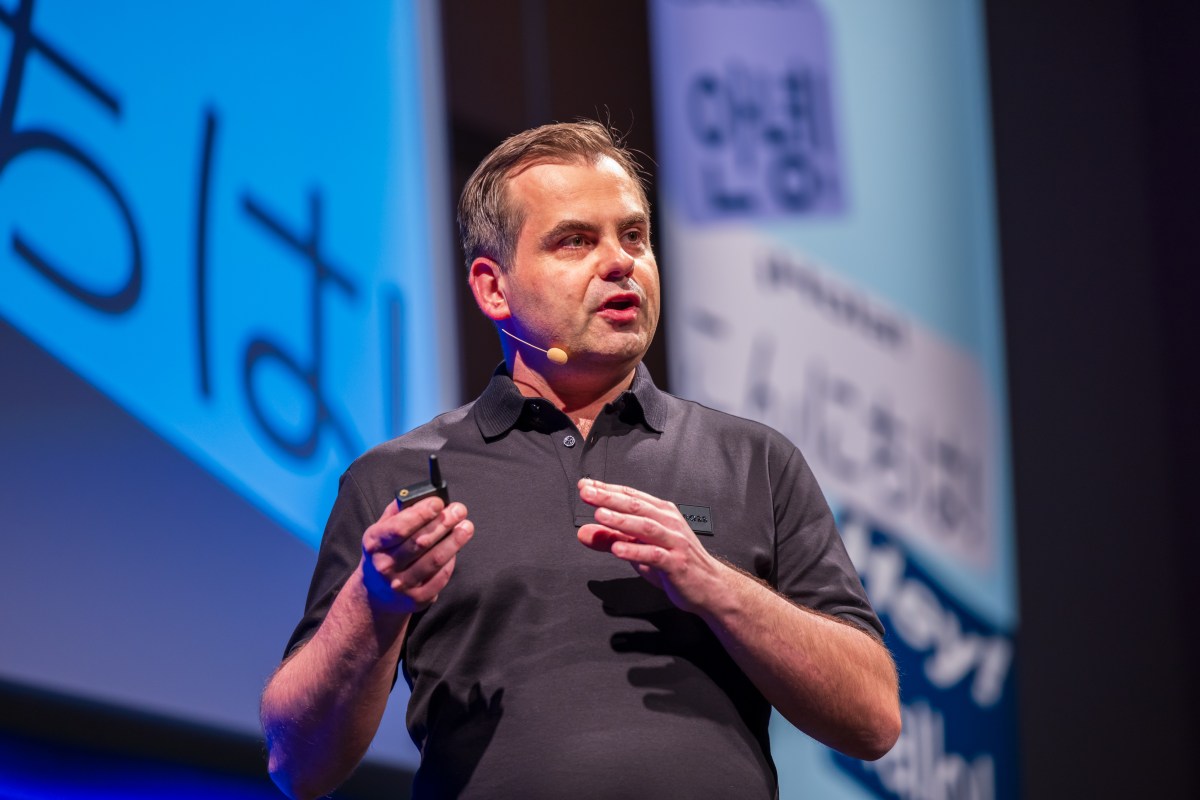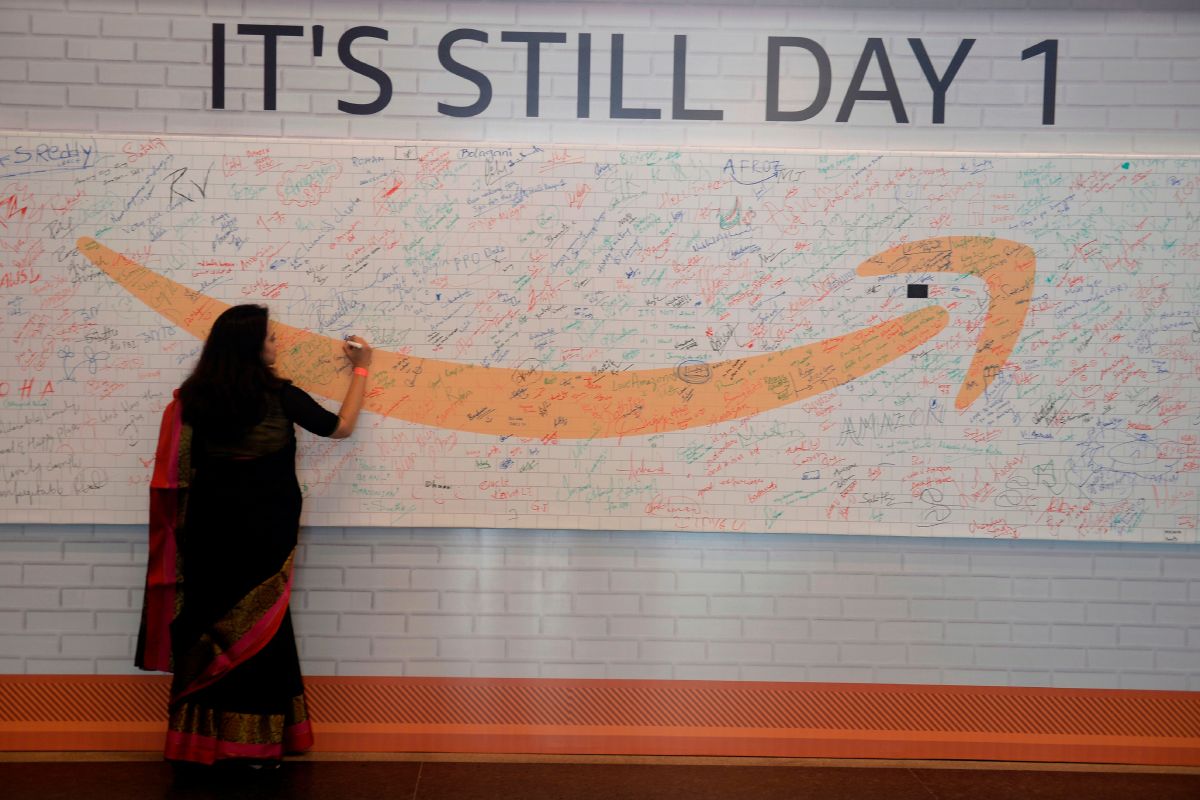A group appears to have leaked access to Sora, OpenAI’s video generator, in protest of what they’re calling duplicity and “art washing” on OpenAI’s part.
On Tuesday, the group published a project on the AI dev platform Hugging Face seemingly plugged into OpenAI’s Sora API, which isn’t yet publicly available. Using their authentication tokens — presumably from an early access program — the group created a frontend that lets users generate videos with Sora.
Why I think it’s real – this is using the OpenAI Sora API endpoint to generate and download videos with hardcoded request headers and cookies from the Hugging Face space environment config
— Tibor Blaho (@btibor91) November 26, 2024
Using the group’s frontend, any user can generate 10-second videos up to 1080p resolution. When TechCrunch tried, the queue was quite long — but several users on X managed to upload samples.
Try it here:https://t.co/gnnkoj0jc2
If Sora, it looks like an optimised version. Can generate up to 1080 10-second clips.
Suggest duplicating the space (if that works – my test didn’t!).
One example: pic.twitter.com/npphRJgyrd— Kol Tregaskes (@koltregaskes) November 26, 2024
Conirmed: OpenAI Sora really has been leaked https://t.co/Vh1zzsKgPT pic.twitter.com/mAN1Z4vGsN
— Chubby♨️ (@kimmonismus) November 26, 2024
Why I think it’s real – this is using the OpenAI Sora API endpoint to generate and download videos with hardcoded request headers and cookies from the Hugging Face space environment config
— Tibor Blaho (@btibor91) November 26, 2024
So why did the group do this? They claim that OpenAI is pressuring Sora’s early testers, including red teamers and creative partners, to spin a positive narrative around Sora and failing to fairly compensate them for their work.
“Hundreds of artists provide unpaid labor through bug testing, feedback and experimental work for the [Sora early access] program for a $150B valued [sic] company,” the group wrote in a post attached to the frontend. “This early access program appears to be less about creative expression and critique, and more about PR and advertisement.”
The group also claims that OpenAI is being misleading about Sora’s capabilities by keeping early access users on a tight leash. Every Sora output needs to be approved by OpenAI before it’s shared, they say, and only a few creators in the early access program will be selected to have their Sora-created works screened.
“We are not against the use of AI technology as a tool for the arts (if we were, we probably wouldn’t have been invited to this program),” the wrote. “What we don’t agree with is how this artist program has been rolled out and how the tool is shaping up ahead of a possible public release. We are sharing this to the world in the hopes that OpenAI becomes more open, more artist friendly and supports the arts beyond PR stunts.”
We’ve reached out to Hugging Face and OpenAI for comment and will update this piece once we hear back.
Since its debut early this year, Sora has suffered technical setbacks as rivals in the video generation space have worked feverishly to overtake it. Not helping matters, one of the co-leads on Sora, Tim Brooks, left OpenAI for Google in early October.
In a Reddit AMA in October, Kevin Weil, OpenAI’s chief product officer, said that Sora was being held back by the “need to perfect the model, get safety/impersonation/other things right, and scale compute.” Per The Information, the original system, revealed in February, took more than 10 minutes of processing time to make a 1-minute video clip.
The leaked Sora seems to be a faster, “turbo” variant of Sora, according to code uncovered by X users.
Aside from tech-related hurdles, OpenAI has ceded valuable partnership ground to video generation challengers in recent months. In September, Runway signed a deal with Lionsgate, the studio behind “John Wick,” to train a custom video model on Lionsgate’s movie catalog. Roughly a week later, Stability, which is developing its own set of video generation models, recruited “Avatar” director James Cameron to its board.
OpenAI was said to be meeting with filmmakers and Hollywood studios earlier this year to demo Sora; ex-CTO Mira Murati attended Cannes. But the company has yet to announce a collaboration with a major production house.




